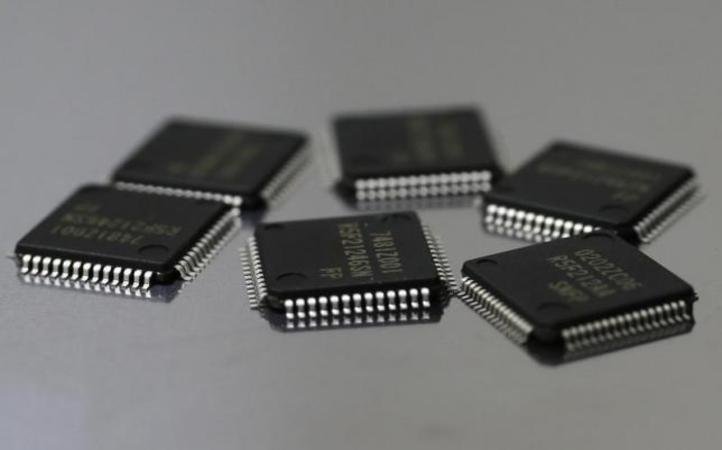Two Indians are a part of a team of researchers at Massachusetts Institute of Technology (MIT) who have come up with a chip that can power a wearable device, that will be instrumental in helping visually impaired people to navigate their environments.
The team has developed a prototype of a complete navigation system for the visually impaired by using the chip, and it is the size of a binoculars case, which can be worn around the neck, IANS reports. The device will use an experimental 3D camera, and the user will also be given a mechanical Braille interface, to keep the user informed about the distance to the closest obstacle.

Dongsuk Jeon, a postdoc at MIT’s Microsystems Research Laboratories who moved to Seoul National University, said that, “there was some prior work on this type of system, but the problem was that the systems were too bulky, because they require tons of different processing, we wanted to miniaturize this system and realized that it is critical to make a very tiny chip that saves power but still provides enough computational power.”
The device will use one thousandth as much power as a conventional computer, and will execute algorithms, and it will convert the output from a 3D camera into a 3D representation called point cloud, as reported by Science Daily.

Jeon is the first author on the paper regarding the device and is joined by Anantha Chandrakasan, Daniela Rus, Nathan Ickes, Hsueh Cheng Wang and graduate student of electrical engineering and computer science, Priyanka Raina.
Although the device is compact in comparison to its predecessors, researchers say that it can still be miniaturised further.

















